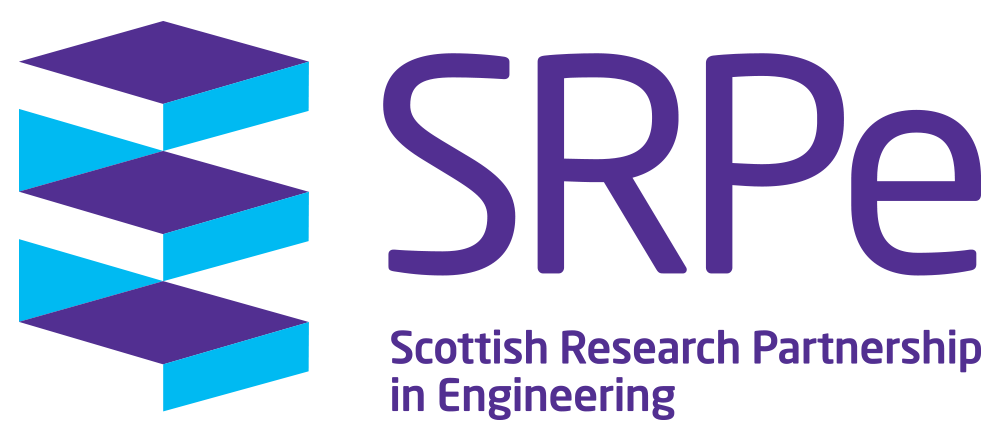A high yield micro-assembly for wafer scale, hybrid opto-electronic systems manufacturing
Academic Institution: University of Strathclyde
Academic Supervisor: Dr Michael Strain
Industry Partner: Fraunhofer UK
PhD Student: Eleni Margariti
Start Date: 1st October 2019
Abstract
Currently, high value optoelectronic chip systems are fabricated on a single material platform, e.g. silicon, or individual chips are fabricated in their respective foundries and co-packaged as a back end of line (BEOL) process. It is well understood by the engineering community that integration of several materials together in a single system is required to access the wide range of functionality necessary for future optical applications. This is reflected in industry wide road-mapping efforts such as the IEEE Heterogeneous Integration Roadmap. However, co-packaging is a serial and high cost process, limiting future volume manufacture of hybrid chip scale photonic systems.
A possible route towards volume manufacturing of chipscale optics is by micro-assembly, using a Transfer Printing (TP) technique. This method is also BEOL compatible, avoiding the requirement of retooling existing optics foundries. As compared with co-packaging however, this technique is highly parallel and can be carried out at wafer scales. Current prototype demonstrators have shown the feasibility of producing 3D photonic integrated circuits, micro-displays and active/passive device integration. The major outstanding challenge is to demonstrate real scaling of this technique.
This project will focus on the manufacture of large arrays of hybrid optical devices, optimising process yield, characterising statistical device variances, thermal stability and lifetimes. These are crucial issues for industrial confidence in the technique to allow its future deployment. We will work with the Fraunhofer Centre for Applied Photonics (CAP) to translate this research prototyping technology towards a commercially available hybrid integration capability.
